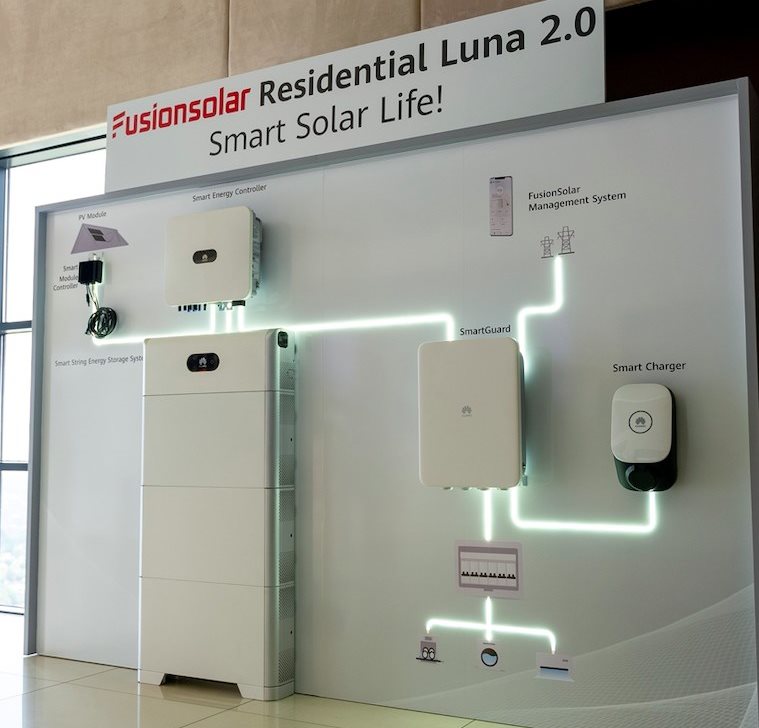
Energy storage systems in particular have become increasingly vital in addressing the challenges of an unstable power grid and frequent power outages. The country faces issues of electricity shortages and an unstable power supply, posing a threat to the normal functioning of households and businesses. Energy storage systems, by capturing and storing renewable energy like solar power, provide a backup power source for South Africa's electricity needs. Additionally, they contribute to balancing the power grid, enhancing energy efficiency, and reducing electricity costs.
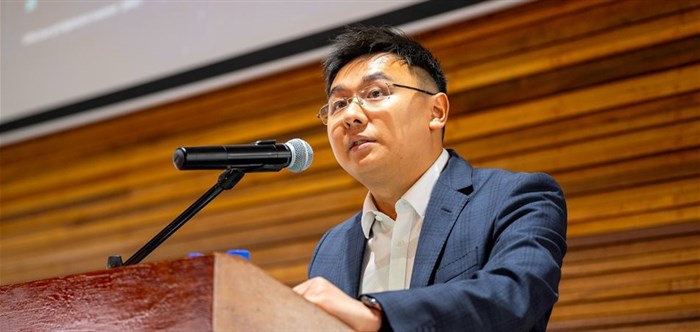
Speaking at the launch, Zhao Tianqi (Tom), VP of Huawei Digital Power South Africa spoke about the energy industry’s shift from natural resources to technological innovation. This shift, he pointed out, will be especially important as renewable energy becomes an increasingly important part of the world’s energy mix. He called on both existing and potential partners, to join Huawei in its long-term vision of making green energy accessible for all South Africans.
“Huawei is the main player to combine electricity technology and digital technology to enable renewable energy,” he said. “And nowadays, solar energy is more and more important to renewable energy.”
There are, he added, three key drivers to accelerate the growth of the solar industry. These are carbon neutrality, energy sovereignty, and commercial value. He also noted, however, that it’s important for suppliers and installers to partner with OEMs that have long-term ambitions in the country and that pay serious attention to customer safety.
That’s because, despite the significant potential of energy storage systems in South Africa, safety concerns remain a focal point. These systems involve electrical equipment and battery technology, and improper installation or maintenance may lead to risks such as fires, electrical hazards, and even adverse environmental impacts. In a challenging electricity environment like South Africa, ensuring the safety of energy storage systems is crucial for providing a reliable power supply.
“For residential products when installed in a household, safety is a matter of family, property, life, and also the reputation of your business,” he said. “Any fire impact will bring damage to the household and also to your business’s reputation.”
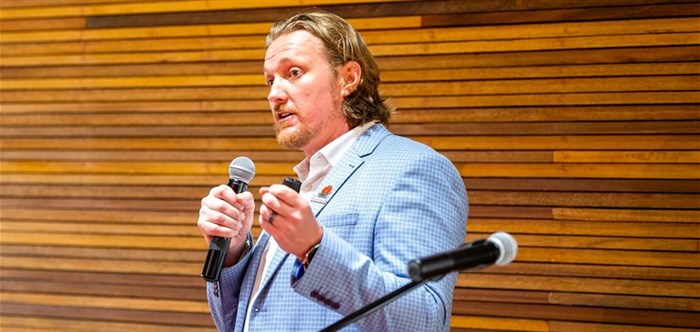
As Nick Lusson, vice president of Huawei Digital Power East Africa stated, the risk of fire is real and serious too.
He disclosed that the Smart PV solution offers stable and reliable power while supporting seamless on-grid/off-grid switchover. He explained further that the product launched in South Africa is built in line with global standards, adding that it is built with high aesthetic innovation, leading intelligence, and is extremely safe to use. Lusson said the solar solution is a one-stop solution that is reliable and easy to install with a 10-year replacement warranty.
He added: “There are two main concerns when it comes to solar installations: there are rooftop fires and battery fires,” he said, pointing out that the latter fires are extremely difficult to put out.
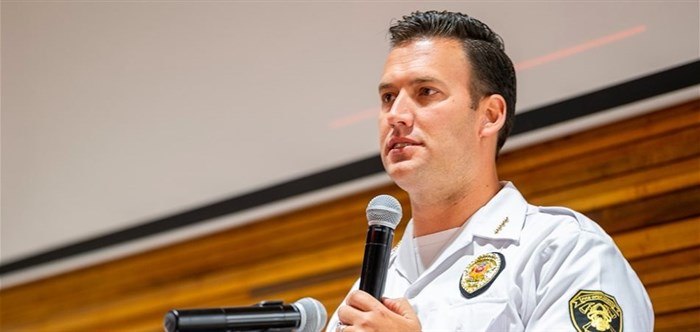
This was backed up by De Wet Engelbrecht, an experienced firefighter and CEO of Fire Operations (Pty) Ltd, who told attendees that every fourth fire callout the department attends is related to a solar installation. He also noted that the department had seen a significant increase in solar PV-related fires since 2020.
“This is because of poor installations, poor management, and low-quality equipment,” he said.
It’s for that reason that Huawei has included several fire safety features in its Luna 2.0 product, including shutting down the voltage to 0V in the event of an emergency and cell level monitoring, pack level protection, structural protection, and emergency protection, including a built-in intelligent fire suppression kit for each battery.
The intelligence and monitoring features baked into Luna 2.0, Engelbrecht said, are particularly important when it comes to fire safety.
“Early detection is early activation,” he said. “The quicker we know about the problem, the quicker the wheels can turn and the quicker everyone can do what they must do and hopefully save the day. What Huawei has done is take this responsibility on themselves and said, ‘We will monitor that for you’.”
Fire isn’t the only safety risk when it comes to energy storage systems. Electromagnetic radiation levels, if not properly controlled can be extremely dangerous, which is why Huawei Digital Power incorporates electromagnetic compatibility (EMC) safety into photovoltaic products. EMC ensures that photovoltaic products can operate efficiently in South Africa’s unstable power supply and intricate electromagnetic landscape.
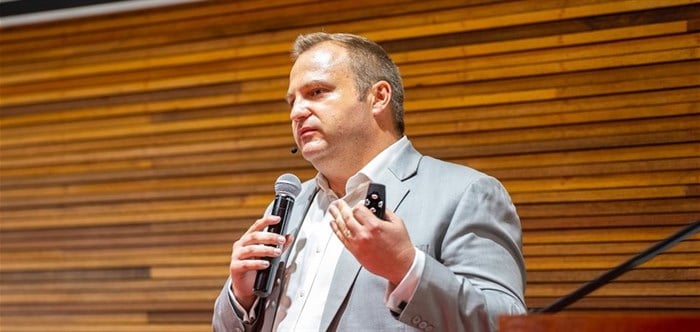
According to David Neale, CEO of solar installer Metrowatt: “These energy storage and safety innovations mean that the Luna 2.0 system is ideal not just for residential purposes but also for small businesses with similar energy usage profiles to residences.” He added that the quality of Huawei’s digital power solutions is important for a business like Metrowatt.
“A big part of our business is rental,” he said. “That means we own the equipment. It’s a long-term play and we only really start making money five or ten years down the line and we need an OEM partner that will go with us on that journey.”
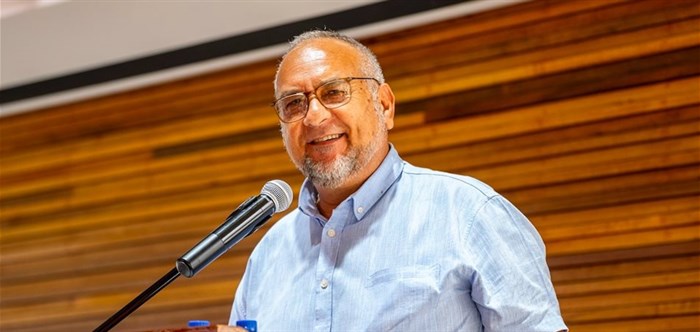
Kevin Burns, a senior PV engineer and Huawei Luna 2.0 customer pointed out that some of the biggest advantages it has over previous systems are the inclusion of consumption data, which is particularly important during load shedding, and its ability to instantly switch over to backup power.
“You’ve got a very happy end-user, Huawei,” he said. “All my challenges have been resolved.”
Huawei Luna 2.0 will be available to dealers, trade partners, and installers from March 2024.